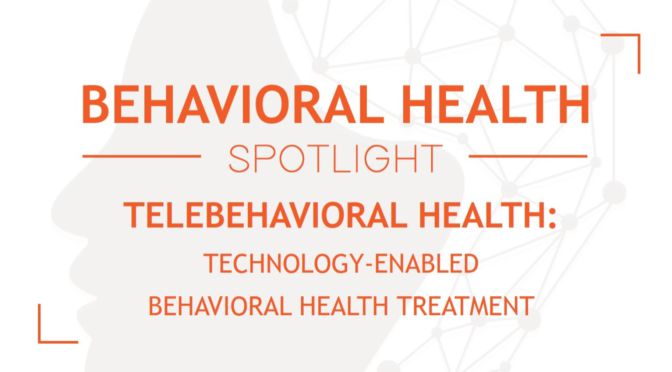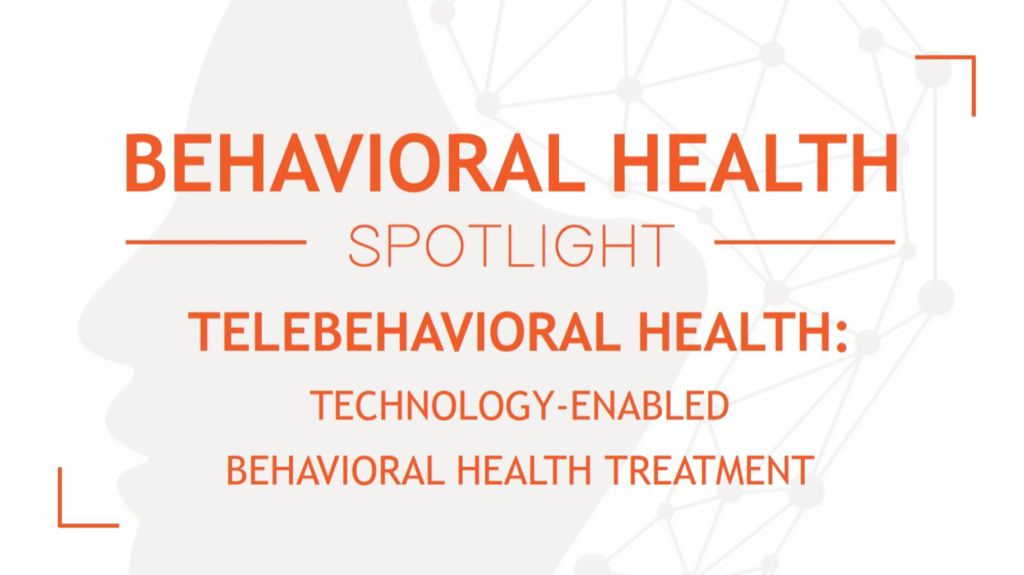Dr. David Sleet, Senior Associate at Bizzell Co-authors Article on Alcohol Harms in Young Adults in The Lancet
A new analysis from the Institute of Health Metrics and Evaluation at the University of Washington, Seattle, suggests that for young adults aged 15-39, there are no health benefits to drinking alcohol, only harms. The harms they are most likely to experience are injuries.
The study, published in The Lancet July 16, 2022, (doi: 10.1016/S0140-6736(22)00847-9), used data from the Global Burden of Diseases, a project based at the University of Washington in Seattle that tracks health trends worldwide and produces comprehensive data on the causes of illness and death in the world.
Both males and females under age 40 risked health loss from alcohol use, even when consuming small amounts of alcohol. But for those older than 40, consuming small amounts of alcohol (such as 1-2 glasses of wine daily) can provide some health benefits, yet health risks vary by age and region.
David Sleet, Ph.D., one of the co-authors of the article and a Senior Associate for Injury Prevention at Bizzell US (Bizzell), noted that “We need stronger interventions tailored towards younger individuals to reduce the substantial global health loss, particularly from injuries, attributable to alcohol use.”
The study’s authors call for alcohol consumption guidelines to be revised to emphasize that health risks of alcohol use differ by age, stressing that the level of alcohol consumption recommended by many existing guidelines is too high for young people. They also call for policies targeting males under age 40, who are most likely to use alcohol harmfully.
The study was funded by the Bill & Melinda Gates Foundation.
“I would like to congratulate Dr. Sleet and the other contributing authors on the publication of the report in The Lancet. As alcohol sales have soared during the pandemic, the long-term health risks of heavy drinking including brain and liver damage, heart disease, digestive disease, and mental health disorders have increased. I urge all Americans to fight the deadly epidemic of alcohol use and abuse, particularly among adolescents and young adults” said Anton C. Bizzell, M.D., President & CEO of Bizzell.
To date, the publication has received national media attention, with USA Today, and The Guardian covering the report.
To read the reviews, please see below:
https://www.usatoday.com/story/news/health/2022/07/15/alcohol-health-risks-under-40/10067144002/
https://www.theguardian.com/society/2022/jul/14/alcohol-is-never-good-for-people-under-40-global-study-finds
About BHARC
The Behavioral Health Advancement Resource Center (BHARC) is an authoritative source for behavioral health information, insights, technical assistance, training, and innovative tools. BHARC is a mechanism to share evidence-based behavioral health interventions and best practices. The BHARC Advisory Council consists of experts in substance use, mental health, clinical trials, pharmaceuticals, and healthcare standards and quality. Learn more about the Behavioral Health Advancement Resource Center at BHARC.org.
About Bizzell
Established in 2010, Bizzell US is U.S. Small Business Administration (SBA) HUBZone-certified strategy, consulting, and technology firm with a mission to improve lives and accelerate change. Bizzell US develops innovative solutions to some of the most critical issues of our time such as health care services equity, global health, workforce innovation and other urgent needs facing the world. Under the leadership and vision of founder, Anton C. Bizzell, MD, the company has grown into a thriving firm headquartered in New Carrollton, Maryland with staff and offices in various regions around the country including California, Colorado, Oklahoma, and Georgia, and globally in Africa, Asia, and Central America. Learn more about how we develop data-driven, research-informed, innovative solutions to complex-real-world challenges. Learn more at BizzellUS.com.
ARTICLE REFERENCE:
GBD 2020 Alcohol Collaborators. Population-level risks of alcohol consumption by amount, geography, age, sex, and year: a systematic analysis for the Global Burden of Disease Study 2020.
Lancet 2022 Jul 16;400(10347):185-235. doi: 10.1016/S0140-6736(22)00847-9. PMID: 35843246 PMCID: PMC9289789





